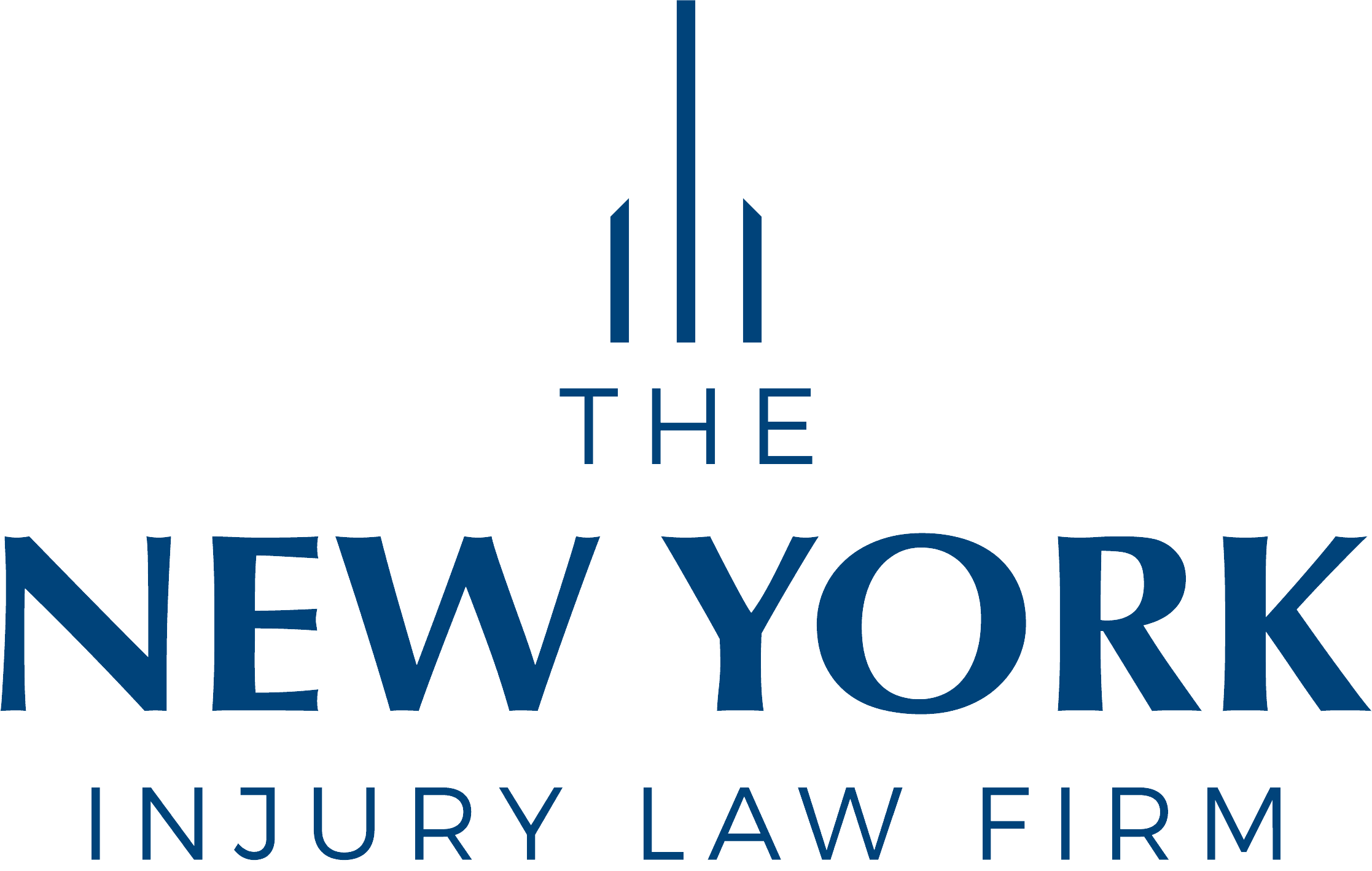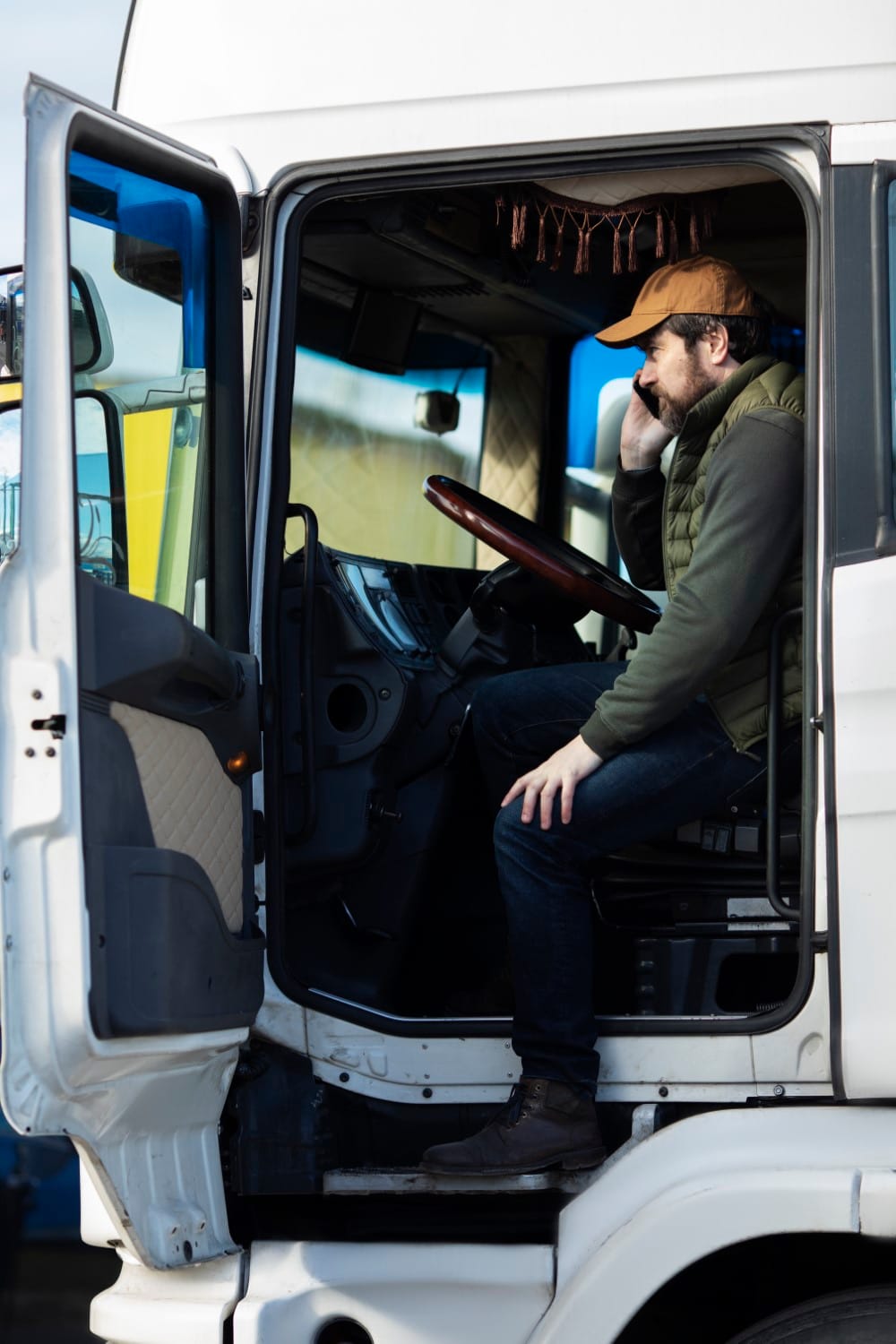
Trucking accidents can be devastating, especially when an 18-wheeler or large commercial vehicle is involved. If you or a loved one has been injured in a trucking accident, it’s essential to understand the legal aspects that can impact your case.
In the event of a trucking or 18-wheeler accident in New York, there are several key legal aspects that come into play. The complexity of these cases is influenced by factors such as the size and weight of the truck, the multiple parties involved, and the specific regulations governing commercial vehicles. Below are some key legal considerations when it comes to trucking accidents in New York:
Determining Liability
In a trucking accident, there can be multiple parties responsible for the crash, including:
- Truck Driver: If the driver was negligent (e.g., speeding, distracted driving, driving under the influence, or violating federal regulations), they may be held liable for the accident.
- Trucking Company: If the truck driver was working as part of a company and the company’s policies or lack of proper maintenance contributed to the accident, the company could be held liable. The company may also be liable if the driver was improperly trained or if the company did not maintain the vehicle in accordance with safety standards.
- Vehicle Manufacturer: If the cause of the accident was a defect in the truck (e.g., faulty brakes, defective tires, etc.), the manufacturer could be held accountable for a product liability claim.
- Cargo Loaders/Shipping Companies: If improper loading or securing of the cargo contributed to the crash, the company responsible for loading the truck could be found at fault.

Insurance Coverage
New York requires that all vehicles, including commercial trucks, carry insurance. However, the coverage for trucking accidents tends to be higher due to the potential for significant damage and injury. The minimum coverage limits vary based on the weight of the truck and the type of cargo:
- Federal Regulations: Under the Federal Motor Carrier Safety Administration (FMCSA), trucks engaged in interstate commerce are required to have a minimum of $750,000 in liability coverage (for most trucks). For trucks carrying hazardous materials, the minimum may be as high as $5 million.
- State Insurance Requirements: New York also mandates that commercial vehicles be properly insured, and the state’s minimum liability limits will apply in addition to federal regulations.
Contributory Negligence and Comparative Fault
New York follows a comparative fault rule. This means that if a person (driver, passenger, pedestrian) is partially at fault for the accident, they can still recover damages, but their recovery will be reduced by their percentage of fault. For example, if a truck driver runs a red light, but the other driver was speeding, the court might find that both drivers share responsibility. If the truck driver is 70% at fault and the other driver is 30% at fault, the damages awarded will be reduced by the 30% attributed to the other driver’s negligence.
Truck Driver Regulations
Truck drivers in New York (and nationwide) must adhere to strict rules under the FMCSA. These regulations govern things like:
- Hours of Service (HOS): Truck drivers are limited to a certain number of hours they can drive per day and week to prevent fatigue. If a truck driver was overworked or violated these rules, they may be held liable for the accident.
- Drug and Alcohol Testing: Truck drivers are subject to regular drug and alcohol testing, especially after an accident. If the driver was under the influence at the time of the crash, this can significantly affect the liability in the case.
- Driver Qualification: Truck drivers must be properly licensed and trained. If the driver did not meet the qualifications (e.g., improper licensing or lack of training), the trucking company might be liable.
Truck Maintenance and Inspections
Commercial trucks must undergo regular maintenance and inspections as part of both state and federal regulations. If an accident is caused by poor truck maintenance, such as worn-out tires, faulty brakes, or defective lights, the trucking company or maintenance provider could be held liable. In some cases, if maintenance records are not kept or the company has a history of neglecting maintenance, they may be found grossly negligent.
Statute of Limitations
In New York, the statute of limitations for personal injury claims related to an accident, including trucking accidents, is typically three years from the date of the accident. This means that victims of trucking accidents have three years to file a lawsuit for injuries or damages. However, the statute of limitations can be different if a governmental entity is involved or if the claim is related to property damage rather than personal injury.
Federal vs. State Jurisdiction
New York, like all states, must follow both state and federal laws in trucking accidents. While New York state laws govern many aspects of insurance, liability, and personal injury claims, federal laws and regulations (such as those set by the FMCSA) play a crucial role in determining the rules of the road for commercial trucks. This dual system can add complexity to a trucking accident case, as both sets of rules may be relevant.
Trucking Accident Investigations
After a trucking accident, a thorough investigation is often required to determine the cause of the crash. This may include:
- Black box data: Modern trucks are equipped with event data recorders (EDRs), or “black boxes,” that capture crucial information such as speed, braking patterns, and whether the driver was engaging in risky behaviors.
- Accident reconstruction: Experts may be called in to recreate the accident, considering factors such as the truck’s speed, braking, and angle of impact, to determine fault.
- Witness testimony: Eyewitnesses, traffic camera footage, and police reports can also play a crucial role in establishing liability.
Settlement vs. Trial
Many trucking accident cases are settled before trial, often due to the high cost of litigation and the significant insurance coverage involved. However, some cases may go to trial, especially if the victim’s injuries are severe or if there is a dispute over fault. Negotiations and settlements often involve the victim’s attorneys, insurance companies, and possibly defense attorneys representing the trucking company or driver.
Conclusion
Trucking accidents in New York involve a unique set of legal issues due to the size and potential danger posed by commercial vehicles. Determining liability often requires a thorough investigation into driver behavior, company policies, and equipment maintenance. Victims of trucking accidents should consult with experienced attorneys who are familiar with both state and federal regulations to navigate these complex cases and secure fair compensation for their injuries.
Why Choose Us?
If you’ve been involved in a trucking accident, our experienced team of New York personal injury attorneys is here to help you get the compensation you deserve. We understand the complexities of trucking accident cases and have the expertise to investigate, negotiate, and fight for your rights.
Contact us today for a free consultation and let us help you take the next step toward recovery.

Get Legal Help Today: Contact Our Law Firm for a Free Consultation
If you’ve been injured in a bus or taxi accident in New York, it’s important to consult with a knowledgeable personal injury attorney as soon as possible. The laws surrounding these types of accidents can be complexReach out today for a free consultation to discuss your case and learn more about how we can help you navigate the legal complexities of vehicle and traffic law.


